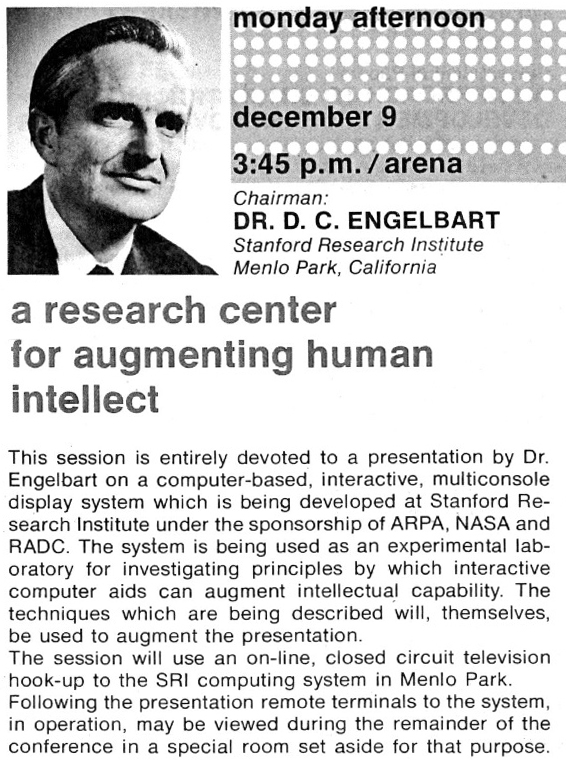I am seeing in a few places such as App Rising and Slashdot that Fairpoint is planing to force subscribers to use its webmail portal even if they get Yahoo, MSN, or AOL email. This would, of course, be a major violation of the FCC’s “Four Freedoms” by preventing users from accessing the legal content or services they want to access. Which makes me somewhat skeptical that this is actually what Fairpoint intends.
For those just tuning in, Fairpoint acquired most of Verizon’s high-cost rural systems in Maine, NH and VT. Leaving aside the underlying logic and value of the deal to the various parties and local subscribers, the critical point is that Fairpoint will complete its take over of these systems and cease operating them as part of the VZ network on January 31, 2009.
What started the current rumor about Fairpoint’s plans is this article in the Rutlan, VT Herald detailing changes for local subscribers. In particular, the article notes that as a result of the change, users will get Fairpoint.net addresses rather than Verizon.net addresses, and will need to reconfigure their mail clients to pull mail from Fairpoint rather than VZ. Then comes this quote:
Web-based e-mail users can continue to access their e-mail at the Verizon Web site until Feb. 6. After that date, Fastiggi said users will need to log on to www.MyFairPoint.net. Customers then click on Web mail and type in their existing user name@myfairpoint.net and existing password.
AOL, Yahoo! and MSN subscribers will continue to have access to content but will no longer be able to access their e-mail through the third party Web site. Instead, Yahoo! and other third party e-mail will be accessed directly at the MyFairPoint.net portal.
Most folks are reading this as saying that Fairpoint plans to require all users of these services to use the Fairpoint mail portal. But I notice that these are all companies that have various sorts of co-branding agreements with Verizon. This suggests a different interpretation.
Right now, as I understand it, if you are a Verizon-Yahoo customer (or other third party customer) than you have certain access privileges that integrate email to either Verizon or the third-party email service seemlessly. Our VZ-Yahoo customer logs into mail at either VZ or Yahoo’s portal and sees all mail addressed either to xxxx@verizon.net or xxxx@yahoo.com. I should stress that as I am not a VZ subscriber, I am not entirely clear on the details. But it boils down to the fact that VZ has negotiated certain application deals to make itself more attractive and that these deals are seemless to the subscriber. Fairpoint, obviously, does not have these thrid party deals.
What I think the article is trying to say is that whetver special value-add services you got from being a VZ-AOL or VZ-MSN or VZ-Yahoo subscriber, these disappear when Fairpoint takes over on January 31. Rather than have an integrated mail platform for both email addresses, you will need to go to AOL.com and go to their mail portal, which will provide only the mail addressed to xxx@aol.com, and go to the Fairpoint web portal separately to get your email addressed to xxxx@fairpoint.net. But Fairpoint is not planing on interfering with you going to AOL.com and using their website to read your email.
This explanation would make much more sense than the idea that Fairpoint will force you to read any third party email through the Fairpoint web portal. For one thing, it really doesn’t make sense to force all email users to give up their web-based third party emails to use Fairpoint. Nor does it make sense that they would give you access to the entire third party website except their email portal. They could, but why do it? Finally, given what happened to Comcast when they interfered with applications in a much more subtle way that was arguably linked to network management, I can’t imagine what would prompt Fairpoint to court an FCC complaint — especially when state regulators had previously voiced concern about Fairpoint’s ability to provide broadband service for local subcribers.
In any event, I await clarification before going ballistic or engaging in another round of breathless “network neutrality violation” stories. If I’m right and this is just a notice that Fairpoint cannot honor deals made between Verizon and third-party service providers, all well and good. If it is Fairpoint for some reason trying to force customers to abandon third-party email providers and use only Fairpoint, then we have another NN complaint and, most likely, a user revolt and angry letters from various members of Congress and state officials.
Stay tuned . . . .




